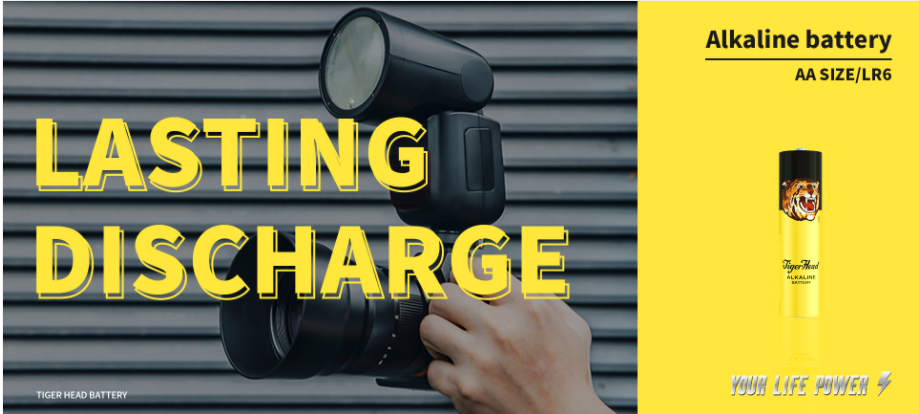Why Are Dry Batteries not Sorted as Hazardous Waste?
A dry battery is also a called manganese-zinc battery or carbon-zinc battery. It is a device that relies on manganese dioxide, zinc, and electrolyte to obtain current. It is a primary battery in the chemical power supply and is a kind of disposable battery. Ordinary dry batteries are mostly manganese-zinc batteries, with a positive carbon rod in the middle, covered with a mixture of graphite and manganese dioxide, and a layer of fiber mesh on the outside. The net is coated with a thick electrolyte paste, which consists of ammonium chloride solution and starch, and a small number of preservatives. Since January 1st, 2006, the country has banned the distribution of mercury-containing disposable batteries. At present, the disposable batteries sold in my country meet the national low mercury and mercury-free standards. According to the Used Battery Pollution Prevention and Control Technology Policy, the focus of the collection is used rechargeable batteries and used button batteries.
At present, in the absence of effective resource utilization, waste disposable batteries are not treated as hazardous garbage but treated as other waste.
Are all batteries harmless? No
Knidly note that the following types of used batteries are still hazardous waste.
Nickel-cadmium battery: refers to the alkaline battery that uses metal cadmium as the negative electrode active material and nickel hydroxide as the positive electrode active material.
Mercury oxide battery: a primary battery with zinc as the negative electrode, mercury oxide as the positive electrode, and potassium hydroxide solution as the electrolyte.
Lead-Acid battery: The electrode is mainly made of lead and its oxide, and the electrolyte is a sulfuric acid solution.
Lead-acid batteries and nickel-cadmium batteries such as button batteries, rechargeable batteries, cell phone batteries, and so on, still need to be thrown away as "hazardous waste".
car battery | At present, in the absence of effective resource utilization, waste disposable batteries are not treated as hazardous garbage but treated as other waste.







